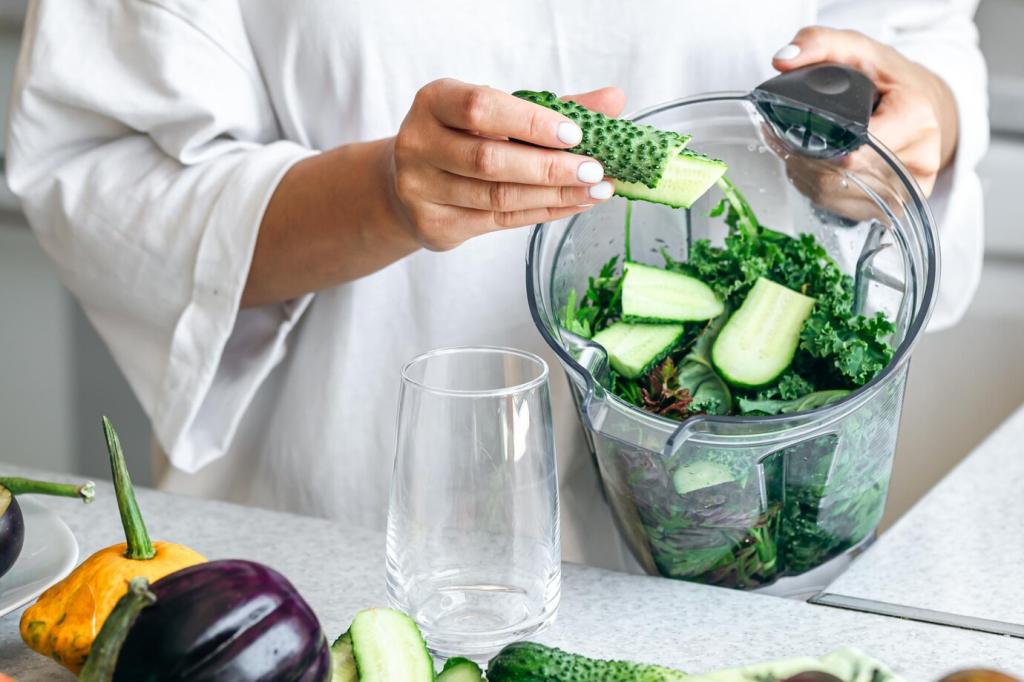Fuel to Go Far: Nutrition for Endurance Athletes
Chosen theme: Nutrition for Endurance Athletes. From everyday training to race-day breakthroughs, learn how to plan, test, and trust your fueling so every mile feels purposeful. Join our community, share your fueling wins, and subscribe for weekly, practical strategies that actually fit real life.

Energy Foundations for Long Efforts
Carbohydrates: Your Primary Propulsion
For long runs, rides, and swims, carbohydrates keep glycogen topped and pace steady. Most endurance days thrive at roughly 5–8 g/kg daily, with higher ranges during big blocks. Practice pre-session carbs you tolerate well, and tell us your favorite dependable source when the session really matters.
Protein: Quiet Architect of Resilience
Protein supports repair after eccentric damage and keeps adaptations moving. Aim for 0.3 g/kg per meal, totaling about 1.6–2.2 g/kg daily across four feedings. Include a leucine-rich option like dairy, soy, or eggs. Subscribe for recipes that hit targets without demanding a culinary degree.
Fats: Endurance’s Slow-Burning Ally
Quality fats stabilize energy on long days and support hormone health. Build meals with olive oil, nuts, seeds, and fatty fish, then test tolerance before key sessions. Omega‑3s help manage soreness and support adaptation. Comment with your favorite simple, packable snack that actually survives a hot car.
Before the Start: Pre-Event Fueling Blueprint
The 48-Hour Carb Focus
During the final two days, shift toward 7–10 g/kg carbohydrates while tapering training, and lightly salt meals to bank sodium. Simple, low‑fat options reduce digestive load. One athlete said this switch felt like packing confidence, not just calories, into their race bag.
The Night-Before Plate
Keep dinner familiar, low fiber, and modest in fat: white rice or pasta, a simple sauce, and a small protein portion. Skip experimental greens. Set out breakfast before bed, and share your go‑to pre‑race plate so others can borrow stress‑free ideas.
Race-Morning Rituals
Eat 1–4 g/kg carbohydrates, 1–4 hours before start time, matched to what you have practiced. Sip fluids with sodium. If you use caffeine, time it 45–60 minutes pre‑start. Rehearse this sequence in training until it feels boringly reliable, then tell us what finally clicked.
Carb Intake per Hour
Many runners do well around 60–90 g/h, while cyclists can push 90–120 g/h using multiple transportable carbs like glucose plus fructose. Build toward goals gradually to train the gut. If you cracked the 90‑gram ceiling, comment with the product mix and pacing that made it possible.
Hydration and Electrolytes
Sweat rates vary wildly. Start by weighing before and after sessions to estimate fluid loss, then target roughly 400–800 mL per hour with 300–600 mg sodium. Avoid overdrinking. Heat, altitude, and pace change needs, so capture notes and subscribe for a printable sweat‑test worksheet.
Recovery That Builds Tomorrow’s Performance
Within 30–60 minutes post‑workout, aim for 1.0–1.2 g/kg carbohydrates, especially after intervals or back‑to‑back days. Pair with a little sodium and fluid. This window is about convenience and consistency, not perfection, so post your easiest, laziest snack that still gets the job done.
Micronutrient Edge and Health Checks
Iron: Oxygen’s Gatekeeper
Low iron quietly drags pace and mood. Combine iron‑rich foods with vitamin C, separate from coffee or tea, to improve absorption. Plant‑forward athletes can lean on legumes, tofu, and fortified cereals. Track trends with periodic labs and share any simple meals that boosted your ferritin.


Stories from the Road: Lessons You Can Use Today
Mia bonked at mile 21, legs empty and vision tunneling. She rebuilt with consistent breakfasts and 80 g/h carbs, practiced weekly. The next marathon, she negative‑split by two minutes. Have you turned a disaster into data? Comment and inspire someone staring down their own wall.
